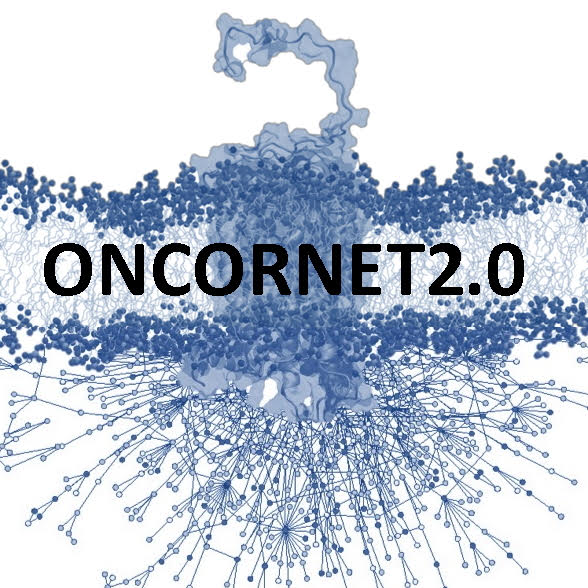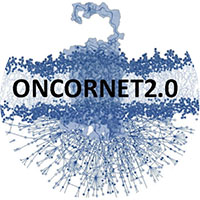Basis and molecular consequences of interactions between adrenomedullin and ACKR3 /CXCR4
Early stage researcher 4 (ESR4) project
Supervision: Prof. Dr. Graeme Milligan, Prof. Dr. Gerard Graham
Host: University of Glasgow
I- Project proposal:
Aim:
To define the basis of interactions between the peptide adrenomedullin (ADM) and ACKR3 and potentially with CXCR4.
Methodology:
We have generated some 110 Ala-scan mutants of the extra- cellular face of ACKR3.
1. Using initially beta-arrestin recruitment assays in model cell systems from which endogenous arrestins have been eliminated by gene-editing the project will assess how each of these and then combinations of mutations affect interaction of the receptor with ADM. Controls will be provided by parallel studies on interaction with CXCL12
2. Homology modelling studies, conducted in collaboration with Professor Tracy Handel (USCSD) and emerging structural information will then define the similarities and differences in these interactions compared with the chemokine CXCL12.
3. The effects of reduced interactions between ACKR3 and ADM on CXCL12 induced trafficking and signalling will be assessed.
Planned secondments:
UCSD (external SAB partner) – developing homology models and initial effort to gain direct structural data;
University of Nottingham – development of direct binding assays interactions and their visualization.
II – Requirement candidate:
Required diploma: Masters in cognate area
Required expertise: Basic molecular biology and signaling assays
Recommended expertise: Homology modelling
Key publications:
- Atypical Chemokine Receptors and Their Roles in the Resolution of the Inflammatory Response. Bonecchi R, Graham GJ. Front Immunol. 2016 Jun 10;7:224.
- Mutational analysis of the extracellular disulphide bridges of the atypical chemokine receptor ACKR3/CXCR7 uncovers multiple binding and activation modes for its chemokine and endogenous non-chemokine agonists. Szpakowska M, Meyrath M, Reynders N, Counson M, Hanson J, Steyaert J, Chevigné A. Biochem Pharmacol. 2018 Jul;153:299-309.
- Decoy receptor CXCR7 modulates adrenomedullin-mediated cardiac and lymphatic vascular development. Klein KR, Karpinich NO, Espenschied ST, Willcockson HH, Dunworth WP, Hoopes SL, Kushner EJ, Bautch VL, Caron KM. Dev Cell. 2014 Sep 8;30(5):528-40
For more information:
Prof. Dr. Graeme Milligan – graeme.milligan@glasgow.ac.uk
Prof. Dr. Gerard Graham – gerard.graham@glasgow.ac.uk
Application:
Please send your application to graeme.milligan@glasgow.ac.uk and gerard.graham@glasgow.ac.uk
Include in heading – ONCORNET2.0 application + ESR#
Follow us on
Contact details
Please contact us at:
e.v.langemeijer@vu.nl
ONCORNET Coordinator
Vrije Universiteit Amsterdam




